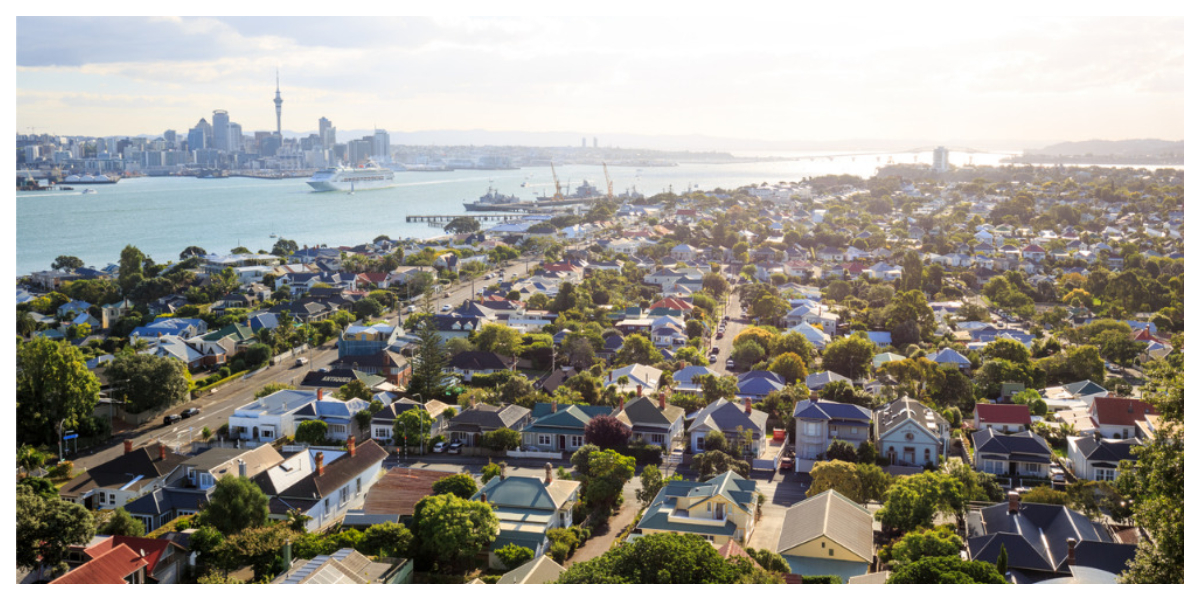Young New Zealanders are fleeing in droves as borders reopen and domestic economic circumstances tighten.
According to the most recent Stats NZ data, yearly net migration was negative in the year to March, with 7,300 more individuals departing than coming.
This loss represents a significant shift from early in the COVID-19 pandemic, when border controls and the relative safety of virus-free New Zealand kept many people from fleeing. There was a record net gain of 91,700 in the fiscal year ending March 2020.
Many New Zealanders, particularly young professionals and graduates, are now relocating overseas. Some are motivated by New Zealand’s difficult economic conditions, which include 6.9 percent inflation, unaffordability of housing, and sky-high living costs: gasoline, rent, mortgage interest rates, and groceries are all on the rise.
The latest numbers “demonstrate just how momentous the shift has been in New Zealand’s migration outcomes,” shifting from 50,000 to 60,000 yearly net gains in the years preceding the pandemic to a net loss, according to Infometrics main economist and director Brad Olsen.
“It’s a huge reversal — and the first time we’ve seen those negative figures since the global financial crisis, the Christchurch earthquakes and the Australian mining boom all combined in the early 2010s,” he said.
According to Stats NZ, the losses were driven by young adults, with a significant surge in New Zealand nationals aged 18 to 27 departing the country. With unemployment now at 3.2 percent, analysts warn that the loss of more workers due to migration could result in persistent labour shortages.
“The difficulty finding workers is extreme around the country — you have a smaller working age population than the year before, at a time when everyone is desperately calling out for workers. [It] really just exacerbates the pressures that businesses are under,” Olsen said.
Last month, official records anticipated that 50,000 individuals would depart over the following year, but that the figure could rise to 125,000 if the many young people who postponed post-graduation excursions due to the virus also left.
When asked about the predicted losses, New Zealand Prime Minister Jacinda Ardern noted that international travel was “part of our heritage” and a rite of passage for many New Zealanders, adding that she had lived in London.
“It has been part of our history as a nation to frequently have New Zealanders come and go as part of our overseas experience, building skills and talent,” she said.
Olsen attributed the increase to a combination of factors, including pent-up demand from people who delayed leaving over the past two years, high living costs, unaffordability of housing, and delays in completely reopening New Zealand’s borders, which resulted in fewer migrants coming in.
For the latest International News Follow BOL News on Google News. Read more on Latest International News on oldsite.bolnews.com



















